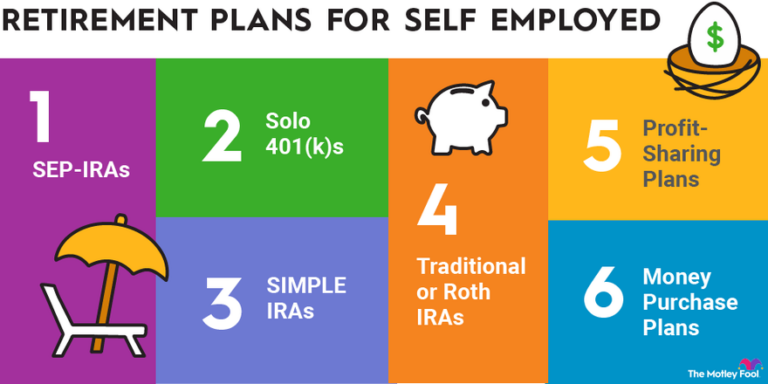Finance Degrees with Highest Salary Potential: Unlocking Top Earning Careers
In today’s rapidly evolving job market, a degree in finance can offer a solid foundation for high-paying career opportunities. Whether you’re looking to work in investment banking, corporate finance, or financial planning, the right finance degree can open doors to lucrative roles that provide not only financial security but also career growth. This article will explore the finance degrees with the highest salary potential, helping you understand which educational paths can lead to the most rewarding careers in the financial sector. Whether you’re a high school graduate or someone considering a career change, this guide will provide valuable insights into the finance degrees that offer the best return on investment.
Investment Banking: High Earnings with High Rewards
One of the most lucrative careers in finance is investment banking. Professionals in this field help companies raise capital, manage mergers and acquisitions, and provide advisory services. To enter investment banking, a degree in finance, economics, or a related field is often required, with many top-tier professionals holding advanced degrees, such as an MBA. With entry-level salaries starting at six figures, investment bankers can expect substantial bonuses and long-term earnings potential. While the job comes with high stress and long hours, the financial rewards are substantial, making it one of the best finance degrees for those looking to maximize their earning potential.
Corporate Finance: Managing Money for Large Companies
Corporate finance professionals are responsible for managing the finances of a company, from overseeing budgeting and forecasting to making decisions on investments and capital structure. A degree in corporate finance or financial management can lead to positions such as financial analyst, chief financial officer (CFO), or corporate treasurer. Professionals in corporate finance enjoy high salaries and a wide range of career opportunities across industries. The career path offers both stability and high earning potential, especially for those in leadership positions at large corporations. Advanced certifications, like a CFA (Chartered Financial Analyst), can further enhance earnings and career advancement.
Financial Planning and Analysis: Helping Individuals and Businesses Achieve Financial Goals
Financial planning and analysis (FP&A) is a growing field focused on helping individuals and businesses meet their financial goals. Financial planners work directly with clients to create personalized investment strategies, retirement plans, and risk management solutions. With a degree in financial planning, you can pursue roles such as a financial advisor or personal wealth manager. Financial planners in higher-level roles, especially those working with high-net-worth individuals, often earn substantial salaries. Additionally, professionals in FP&A positions within businesses can command impressive compensation packages as they analyze financial data to help companies grow and remain profitable.
Risk Management: Protecting Assets and Minimizing Losses
Risk management professionals identify and analyze potential financial risks that could affect an organization’s stability and profitability. With the increasing complexity of global financial markets and business operations, risk management experts are in high demand. A degree in finance, risk management, or actuarial science can open doors to roles such as risk manager, chief risk officer (CRO), or actuarial analyst. These roles typically offer high salary potential, particularly for those working in financial services, insurance, and multinational corporations. The need for risk management professionals is growing, making it a promising area for those interested in high earning potential with a focus on strategy and decision-making.
Hedge Fund Management: High Earnings in the World of Alternative Investments
Hedge fund managers manage pooled investment funds for wealthy individuals and institutional investors, utilizing strategies to generate high returns, often through speculative and leveraged investments. A degree in finance, economics, or a related field is typically required to enter the world of hedge fund management. However, experience, connections, and a proven track record of success are essential for advancement. Professionals in hedge fund management can earn substantial salaries, including performance-based bonuses that can significantly boost their income. While the job is highly competitive and requires a deep understanding of market strategies, it is one of the highest-paying career paths for finance professionals.
FAQs
1. What is the highest-paying career in finance?
Investment banking is one of the highest-paying finance careers, with professionals earning six-figure salaries and significant bonuses, especially at top investment banks.
2. Do I need a graduate degree to earn a high salary in finance?
While many high-paying finance careers require a bachelor’s degree in finance or a related field, advanced degrees like an MBA or certifications like CFA can further boost earning potential.
3. Is corporate finance a good career choice?
Yes, corporate finance offers excellent salary potential and job stability, especially in senior roles such as CFO or corporate treasurer, and it provides opportunities across various industries.
4. What does a financial planner do, and how much do they earn?
A financial planner helps individuals and businesses manage their finances, from retirement planning to investments. The salary for financial planners varies widely, but those in senior positions with high-net-worth clients can earn significant incomes.
5. How do risk management roles offer high salary potential?
Risk management professionals are crucial in identifying and mitigating financial risks that could impact an organization. Their expertise is in high demand, leading to well-compensated roles, especially in industries like insurance, banking, and multinational corporations.


